Search
Search Results
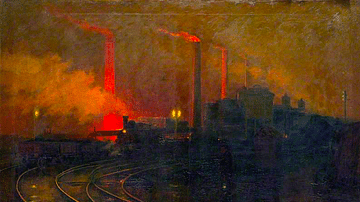
Definition
British Industrial Revolution
The British Industrial Revolution (1760-1840) brought innovative mechanisation and deep social change. The process saw the invention of steam-powered machines, which were used in factories in ever-growing urban centres. Agriculture remained...
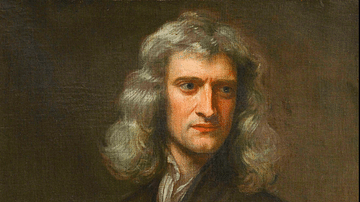
Definition
Isaac Newton
Isaac Newton (1642-1727) was an English mathematician and physicist widely regarded as the single most important figure in the Scientific Revolution for his three laws of motion and universal law of gravity. Newton's laws became a fundamental...
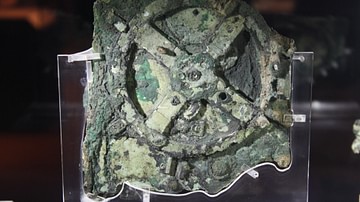
Definition
Antikythera Mechanism
The Antikythera mechanism (also known as the Antikythera Device), dated to the late 2nd century/early 1st century BCE (roughly 205-60 BCE) is understood as the world's first analog computer, created to accurately calculate the position of...
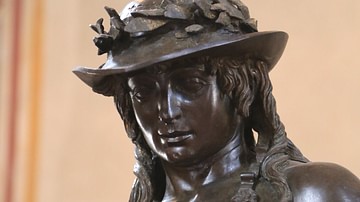
Definition
Donatello
Donatello (c. 1386-1466 CE), full name Donato di Niccolo di Betto Bardi, was an Italian Renaissance artist best known for his sculptures such as the striking bronze figure of David now in the Bargello museum of his native Florence. Donatello...
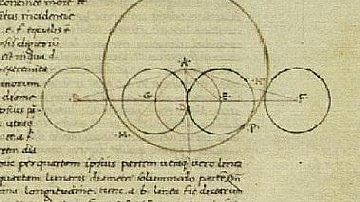
Definition
Greek Astronomy
Ancient Greek astronomy was the study of the universe to understand how it functioned and why apart from the established theistic model that claimed all things were ordered and maintained by the gods. Ancient Greek astronomers relied on observation...
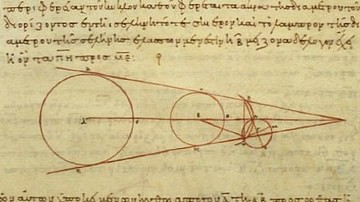
Definition
Aristarchus of Samos
Aristarchus of Samos (l. c. 310 - c. 230 BCE) was a Greek astronomer who first proposed a heliocentric model of the universe in which the sun, not the earth, was at the center. Although his theory was noted by other thinkers of his time...
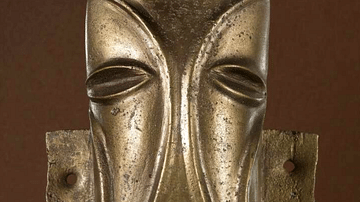
Definition
Ancient Celtic Art
Art, along with language, is perhaps the best way to see the connections between the ancient peoples we label as Celts who lived in Iron Age Europe. There were great variations across time and space but common features of ancient Celtic art...
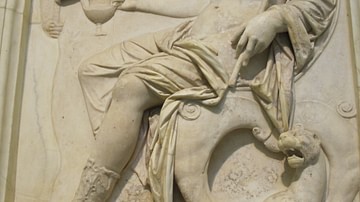
Definition
Bacchus
Bacchus was the god of wine and revelry in Roman mythology. Considered the most versatile and elusive of the gods, with a Greek equivalent in Dionysus, Bacchus is frequently associated with the Roman god of wine Liber Pater. He brought joy...
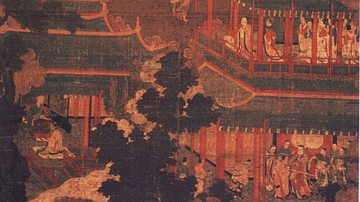
Definition
Goryeo
Goryeo (Koryo) ruled Korea from 918 to 1392. The kingdom oversaw an unprecedented flourishing in culture and arts with developments in architecture, ceramics, printing, and papermaking. The kingdom was repeatedly invaded by the Mongols in...
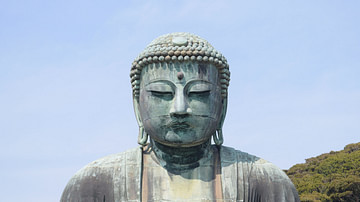
Definition
Kamakura Period
The Kamakura Period or Kamakura Jidai (1185-1333 CE) of medieval Japan began when Minamoto no Yoritomo (1147-1199 CE) defeated the Taira clan at the Battle of Dannoura in 1185 CE. The period is named after Kamakura, a coastal town 48 kilometres...